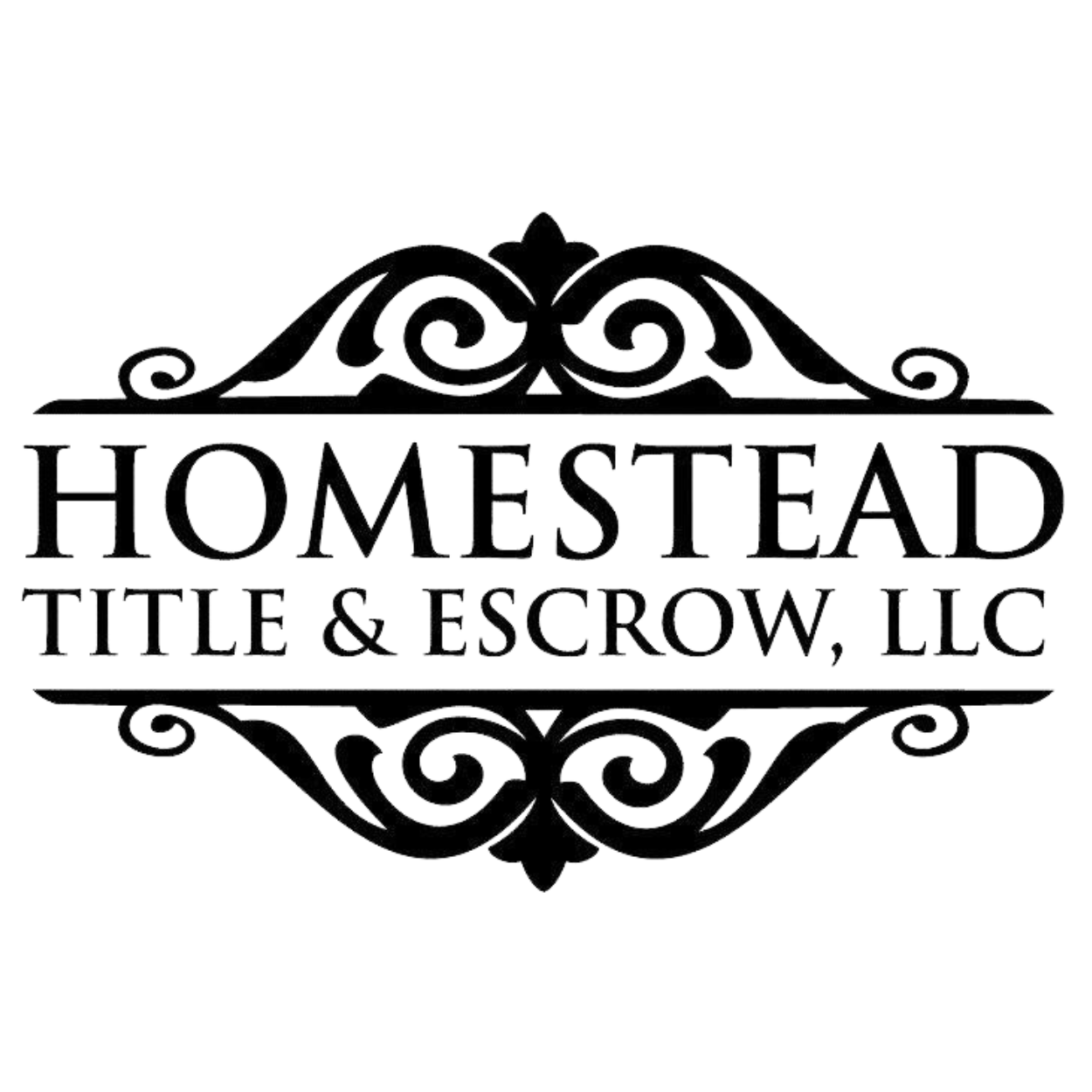
A 1031 Tax Deferred Exchange offers taxpayers one of the last great opportunities to build wealth and save taxes.
What is a 1031 Exchange?
Also referred to as a Starker exchange or like-kind exchange, 1031 exchanges allow investors to trade real properties for other ones without immediately incurring any capital gains taxes.
However, this only applies if the exchange is completed within a set period and the profit from the transaction is reinvested in a like-kind property of equal or greater value.
The following are some of the most common 1031 exchanges in the state of Tennessee.
Common 1031 Exchanges
-
Delayed exchanges are the most straightforward and commonly used type of 1031 exchange in Tennessee and all across the country. In a delayed exchange, you sell your property and then later purchase a different property. This kind of exchange includes a 45-day identification period and a 180-day completion period.
-
As implied by their name, reverse exchanges are essentially delayed exchanges but are conducted in reverse. In a reverse exchange, you would first purchase a replacement property then sell the original property. These exchanges are less common than delayed exchanges because property owners must use cash for the purchase.
-
Simultaneous exchanges are the oldest kind of 1031 exchange and can be slightly risky. In a simultaneous exchange, the sales of both properties must close at the same time. Any delay could disqualify the exchange and result in full taxation.
-
A construction or improvement exchange permits individuals to improve their replacement property using the profits from the original property sale. At the same time, a qualified intermediary holds the property deed in a trust for up to 180 days.
FAQs
-
In an exchange of real property, per IRS Code Section 1031, any property considered to be real property under state law is "like-kind" with any other property also deemed real property under state law. Simply put, "like-kind" means that the nature or character of the property must be similar in nature or character to the real property.
-
Raw land or farmland for improved real estate
Oil & gas royalties for a ranch
Fee simple interest in real estate for a 30-year leasehold or a Tenant-in-Common interest in real estate
Residential, Commercial, Industrial or Retail rental properties for any other real estate
Rental ski condo for a three-unit apartment building
Mitigation credits for restoring wetlands for other mitigation credits
-
The value of a replacement property acquired through an exchange must be equal to or exceed the value of the property being relinquished. Additionally, the amount of equity and the value of loans secured by the property relinquished in the exchange must be equal to or less than the amount of equity and loans secured by its replacement property counterpart.
-
A qualified intermediary for 1031 exchange (Q.I.), also referred to as an accommodator or facilitator, is a person or entity that facilitates 1031 tax-deferred exchanges. A qualified intermediary sells the property on your behalf, buys the replacement property, and then transfers the deed to you upon closing.
